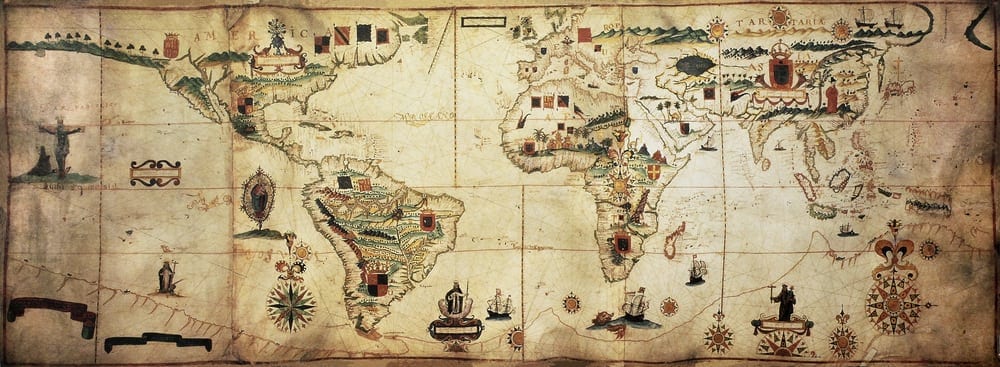Treasure Salvage of the San Jose. A Contest Between Governments.

The Governments Involved in the Treasure Salvage of the San Jose.
We recently wrote about the find of the Spanish galleon, San Jose. In that article we wrote about the difficulties of marine salvors to claim ownership of treasure which may be discovered in such wrecks. We noted the prominent example when Odyssey Marine Exploration—headquartered in Tampa, Florida at the time—located another Spanish galleon known as the Mercedes. Odyssey filed suit in federal court in Florida in an attempt to gain ownership of the treasure they had found and retrieved, but eventually had to give up all of the estimated $500,000,000 in coins and artifacts from their recovery. We noted that Odyssey never even received back their expenses for retrieving the treasure; all of it was shipped to the government of Spain. The Odyssey case can be said to be a dispute between a private entity, Odyssey, and the Spanish government.
In the present maritime salvage case, the BBC pointed out that in the matter of the San Jose, this will be a dispute between countries as to the rightful ownership of any treasure which is excavated from the San Jose. (The original reported estimate of treasure was as high as $17 billion; however, the BBC casts doubt on that high of an estimate.) Still the potential of several billion dollars has gotten the attention of governments which could contest ownership.
The wreck of the San Jose is said to be located within the territorial waters of Colombia; however, it appears that the vessel itself was a warship owned by the government of Spain. The San Jose was said to be loaded with gold and silver “obtained” from South America—which it was transferring to Spain to help pay for its war debts. We use the word “obtained” because it is not altogether clear that the native people of South America voluntarily gave up the gold and silver. In the Odyssey case—which was also an attempted Spanish transportation of gold and silver from South America to Spain on the galleon Mercedes—the government of Peru intervened in that federal court in the dispute between Odyssey and Spain. Peru claimed that the treasure being transported was taken from Peru by the Spanish government in the 1600’s.
The case of the San Jose—and which entity is entitled to its ownership—will be decided differently than in the case of the Mercedes. In the Mercedes—which again Odyssey Marine spent considerable money retrieving that treasure off the coast of Gibraltar—the federal court in Tampa ultimately concluded that Odyssey had no legal right to have arrested (i.e., obtain jurisdiction over) an asset of the Spanish government. If Odyssey had no legal right to arrest an asset of the Spanish government, then the federal court determined that it too had no jurisdiction to preside over the case. The BBC notes that the San Jose shipwreck may end being decided with intervention by UNESCO (United Nations Educational, Scientific and Cultural Organization). It is doubtful that the case will be heard in a U.S. court.
The cases of the Mercedes and the San Jose demonstrate the treacherous waters of retrieving what governments view as their heritage—or as the attorney representing Spain in the Mercedes case called it “the patronage of the Spanish Government”. The upshot is that for these types of treasure salvor cases, they will be decided on international treaties and at the international level.
